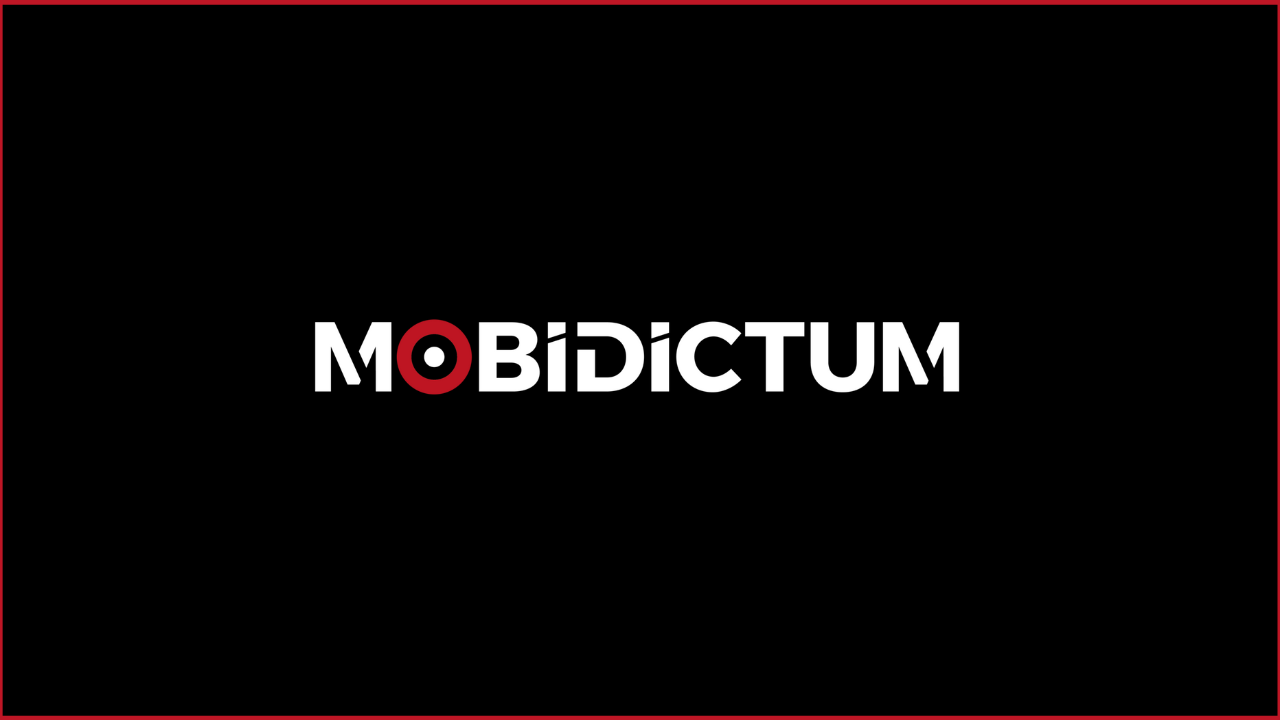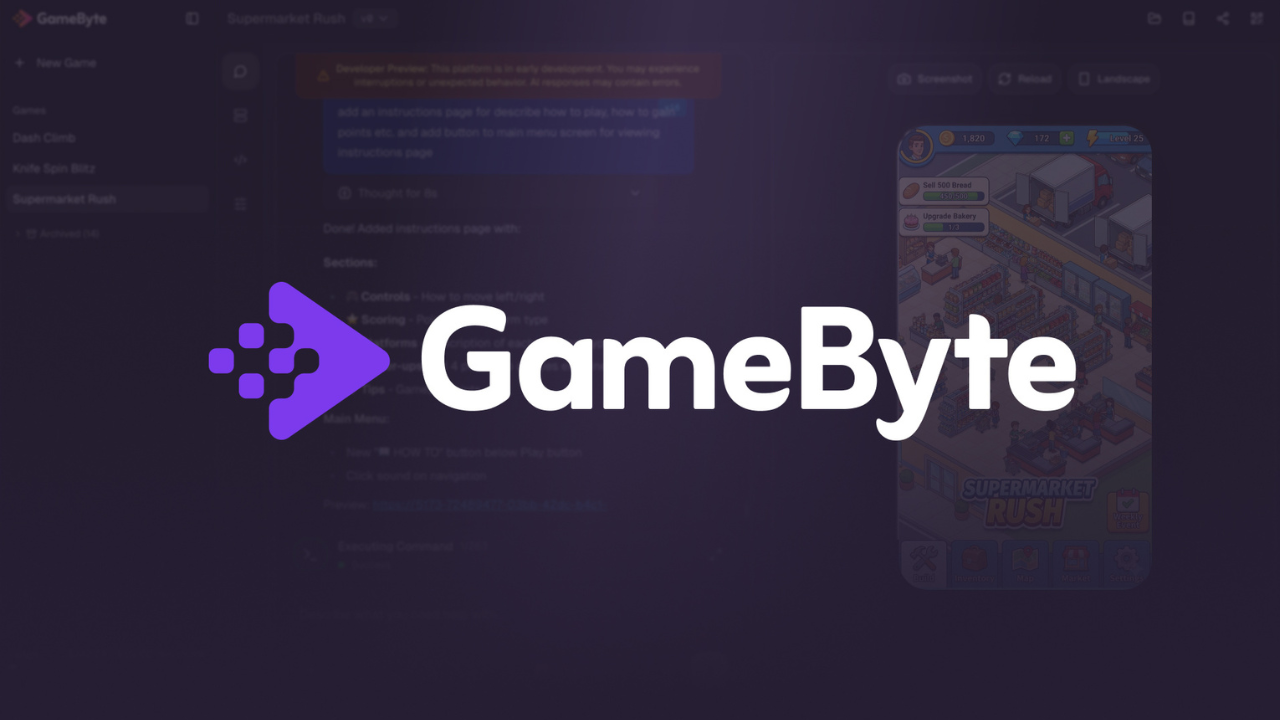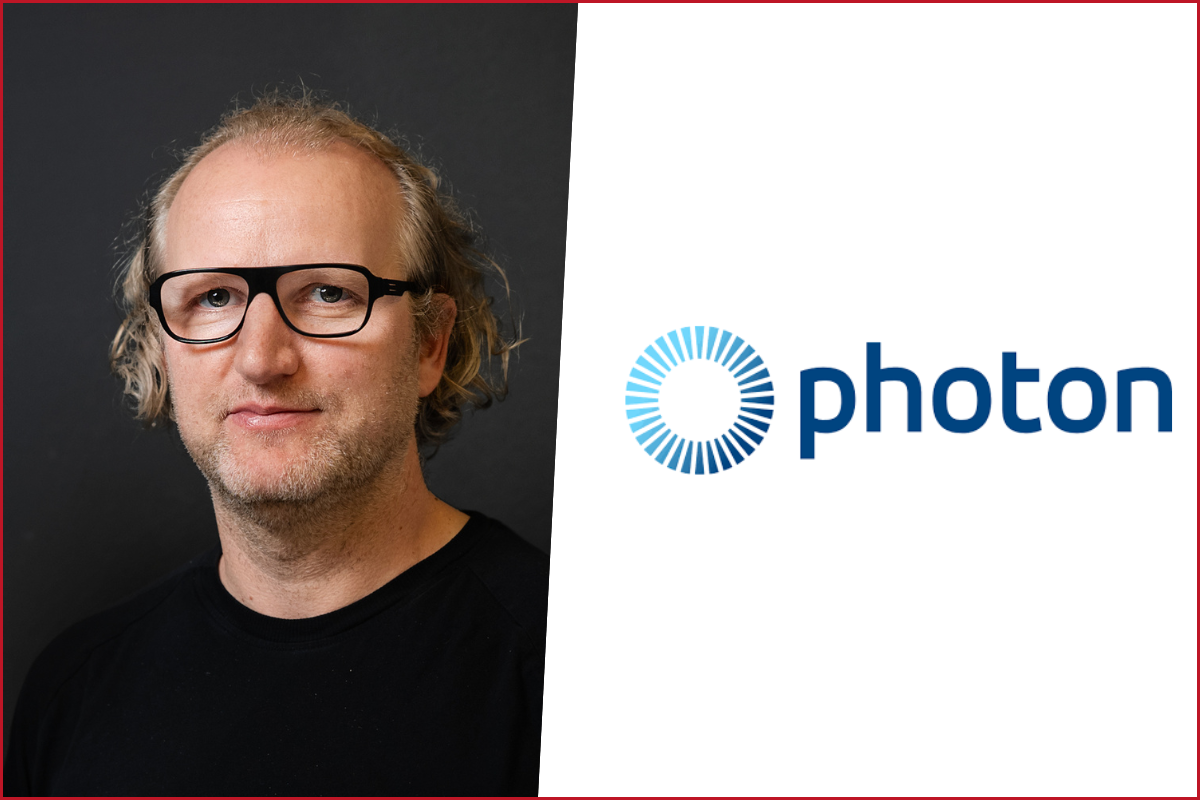As the founder and CTO of Exit Games, Christof Wegmann has spent more than two decades pioneering multiplayer technology through Photon Engine, the backbone behind global hits like Stumble Guys, Golf Clash, Phasmophobia, Peak, Among Us VR, and Gorilla Tag.
With over 1.5 billion monthly active players across mobile, PC, console, and VR platforms, Photon serves more than one million registered developers worldwide.
Ahead of Mobidictum Conference 2025, we spoke with Christof about how Photon’s technology continues to redefine what’s possible in real-time multiplayer development and why the next Stumble Guys could easily come from a small team, perhaps from Turkiye.
Could you tell us how Photon simplifies the development process for studios that might not have deep networking expertise?
That’s really one of the main reasons why Photon exists in the first place. To make multiplayer development simple, even if you are not a networking (or netcode) expert.
Building a real-time multiplayer game from scratch is challenging. You’re dealing with network latency, lag, synchronization of many game objects, cheating, and after launch comes monitoring, scaling and many more small and edgy problems you have not thought of before. Most teams just don’t have the know-how, resources and experience to manage all that. That’s where Photon comes in.
Photon provides all you need to develop, launch, and scale the real-time multiplayer part of your game. It basically handles all the heavy lifting so teams can focus on gameplay development and game design.
Whether you’re using Photon Fusion, Quantum, or any other of our SDKs, you don’t need to build multiplayer features and infrastructure yourself. It’s already done and battle-tested at a global scale. And not to forget: development with Photon is completely free. Just go to our website, download our SDKs, set up apps in our Cloud, and go creating!
A good example is Stumble Guys. The studio Kitka Games was just a small team from Finland who were interested in our idea to make a fun physics-based brawler game on mobile. Quantum takes care of all the deterministic simulation, ensuring every player sees the exact same thing, even with bad connections or low-end phones. That’s what allowed them to take our idea and launch the first iteration of the game in about six weeks. With only one game dev/designer, one backend engineer, and one artist attached to the project.
We see this across a lot of studios. Once the teams realize they don’t have to reinvent the wheel or start from scratch, their development speed increases dramatically. They can prototype in days instead of months and focus on creativity instead of debugging synchronization issues.
So, in short: Photon simplifies multiplayer by taking care of the hard stuff, lifting some weight off the shoulders of teams. You don’t need to be an expert in networking to build a great multiplayer game anymore. You just need an idea, and Photon helps you make it work online smoothly and at scale.
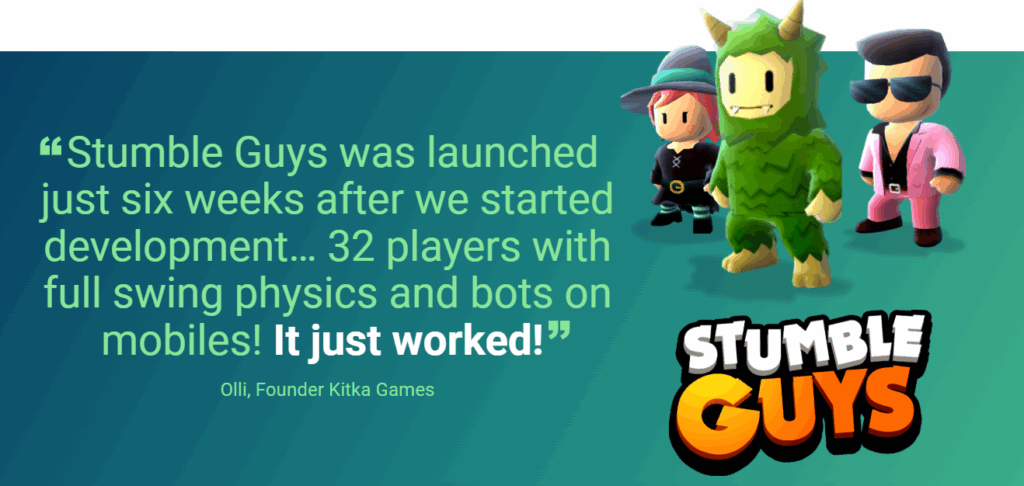
What makes Photon Quantum particularly suited for hyper-casual, hybrid-casual, and mid-core developers?
That’s a great question, because this is where Quantum really shines. Those are sub-genres where speed, scalability, and player experience all matter equally.
For hyper-casual and hybrid-casual developers, time is everything. You need to move fast, test ideas, and see what sticks. And traditionally, multiplayer has been too complicated or time-consuming to even consider.
This is what Photon Quantum can change. Quantum takes care of all the technical aspects and complexities behind real-time multiplayer. As mentioned earlier: lag compensation, synchronization, and physics. It’s all just working. With Quantum, there is no netcode; it is like coding a local multiplayer game, and online multiplayer will just work! That means studios can create fully networked multiplayer prototypes in days instead of months.
But not only that: Quantum offers much more: replays, spectating will just work out of the box, and it is also cheat-safe by design.
And the experience is flawless for players. Quantum’s deterministic engine ensures that everyone experiences the exact same thing. As physics are local there is no lag in gameplay, no desync and no frustrations. It just works.
We’ve seen that once developers realize how easily they can add real multiplayer, it completely transforms their games. Multiplayer drives better retention, stronger monetization and organic growth because players bring in their friends.
Streamers love games they can play together with their communities and their audience, so it is also great for organic growth. There is a reason why multiplayer is topping the charts across platforms.
Again, Stumble Guys is the perfect example of a small team taking on fast development for a simple core gameplay. Making it a real multiplayer game made it a competitive, but fair social experience and endlessly replayable.
And to get back to the core of your question, we think Quantum is perfect for hyper- and hybrid-casual teams because it removes the hardest parts of multiplayer and lets you build fast and deliver a smooth, competitive, and social gameplay experience without needing a big or dedicated team for networking.

The success of Stumble Guys is cited as Quantum’s proof of power. Can you share how Quantum enabled such a small team to build a global multiplayer hit and what lessons other developers can take from that story?
The story of Stumble Guys is a really good example of what our tech can do and how it can empower even small teams. When we started experimenting with the idea, it wasn’t really about chasing a trend.
During the pandemic, we noticed how games like Fall Guys and Among Us were taking off, and we asked ourselves: could something like that work smoothly on mobile, with real multiplayer and physics? Most people said: “No! It’s just too hard to pull off.”.
But we had Photon Quantum, our deterministic engine, and we knew it could handle exactly that kind of challenge. So we built a quick prototype. It was super rough, basically blobs bumping into each other. But it worked perfectly, even on low-end phones and high latency.
That’s when we knew we were onto something. We then teamed up with Kitka Games. Together, we turned that prototype into the first version of Stumble Guys in about six weeks. Quantum took care of all the hard parts, the networking, synchronization, and physics, so the team could just focus on gameplay, fun, and creativity.
The game took off completely organically. Streamers picked it up, friends started inviting friends, and it spread globally, with 2 million installs per day and hitting over 25 million daily active players at its peak. And the best part is, the game scaled seamlessly in our global Photon Cloud. Photon ops team handled everything in the background so Kitka could focus on the community and content.
For me, the main takeaway is that multiplayer doesn’t have to be intimidating anymore. With the right tools, even a small, motivated team can build something that connects millions of players. And I think we’ll keep seeing more of those success stories. Maybe even coming out of places like Turkiye, where there’s so much creative energy in mobile development right now.
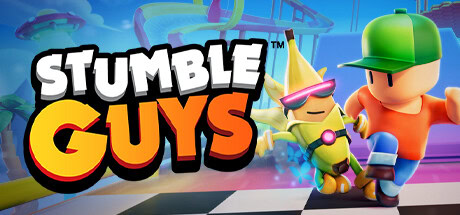
Photon is already working with Turkish studios like Nokta Games, Lucid11, and Zuuks Games. How has your experience been with these teams so far, and what stands out about the Turkish developer community?
The experience has been great! Super friendly people. Working with studios from Turkiye feels energizing to be honest as they always show great working spirits.
In recent years, the Turkish community has quickly become a center of power for mobile games, especially. It shows that there are a lot of accelerator programs and people who are interested in making games. They just do things and don’t overthink too much. I guess that is why a lot of publishers have so many Turkish studios in their portfolio.
If you take the studios above as an example, working with them was easy. They had great ideas and instantly started to turn them into real games. We just had to be there for questions and support while they dug deep into our tech and used it for their best benefit.
I guess that it also factors in that we built everything with developers in mind and are very product-focused. We don’t want studios to waste any time and get lost in confusing details. That’s why we set out to “Make Multiplayer Simple”. And I guess that is something the Turkish studios appreciate. We give them an easy solution to go out and just play multiplayer games. There is no hidden agenda or such thing.

What inspired you to strengthen Photon’s presence in Turkiye, and what opportunities do you see here for multiplayer-driven mobile games?
We think we can re-energize the studios in this community. When hyper-casual was thriving, Turkiye was one of the driving forces. Many studios and developers jumped in and created some of the most fun and successful mobile games. But now that “genre” has come to a stop. The market is oversaturated, and it’s much more difficult to create success, especially as a small studio.
Everybody is looking to find a new formula. We think we can give this community some new batteries to power up again.
We truly believe that multiplayer is the way to go. If you look at the charts, most of them are dominated by multiplayer games. But multiplayer, especially in fast iterated mobile games like hyper-casual and hybrid-casual, was deemed too complicated, too difficult, too time consuming. That’s where we come in.
We can give those studios the tools to get back on top, to quickly develop new and exciting games that will not only create great retention but also moments of virality. That is what makes most of the current multiplayer hits like R.E.P.O., PEAK, or Paddle Paddle Paddle stand out. All made with Photon, by the way. Streamers pick up those games and have a good time with their friends. This becomes your marketing, and you don’t have to pay for user acquisition anymore.
If you combine this fact with the driving and explorative mindset of the Turkish gaming community, we imagine that this could create an endless stream of upcoming multiplayer hit games that not only will create good retention but also be sustainable over a long time, instead of quick hits that burn out fast.

You’ll be at Mobidictum Conference this week, connecting directly with studios. What can developers expect from Photon’s presence at the event, and how can they start exploring Quantum for their next project?
Well, it’s our first time visiting the Mobidictum Conference. Our premiere, if you will. That’s why we will not have a booth for you to visit this time. But our Vice President, Robert Boehm, will be attending and roaming the show floors.
He is your go-to guy if you want to know more about Photon and our general approach to mobile and multiplayer. Of course, you can book dedicated meetings with him through the Pine meet-to-match tool, but he is always happy to have a spontaneous chat.
So if you see him, take the chance to say “Hi!”. We are super curious to experience the Turkish game development community in real life and meet some new studios and potential partners. We are sure that there will be some hidden gems and potential hit-game candidates that would profit from taking a deeper look into what we have to offer.

If you can’t be at the conference yourself, you can just go to our website and create a Photon account. It’s totally free and there are no commitments. With that account, you also get access to our public Discord server.
We also have our documentation and over 80 free samples ready on our website. A lot of stuff to dig into. Photon Fusion and Photon Quantum are free to use up to 100 CCU, so there is no risk for you just trying things out.
As I said, we want to make things simple without any hooks. Just make sure, when you start developing a multiplayer game, implement it right from the start. If you want to add multiplayer later on, you might come across some hurdles that will make it difficult to progress.
But you can find all that info on our website and in our Discord community. And if you want to get in contact directly with us, you can always send us a message at [email protected]
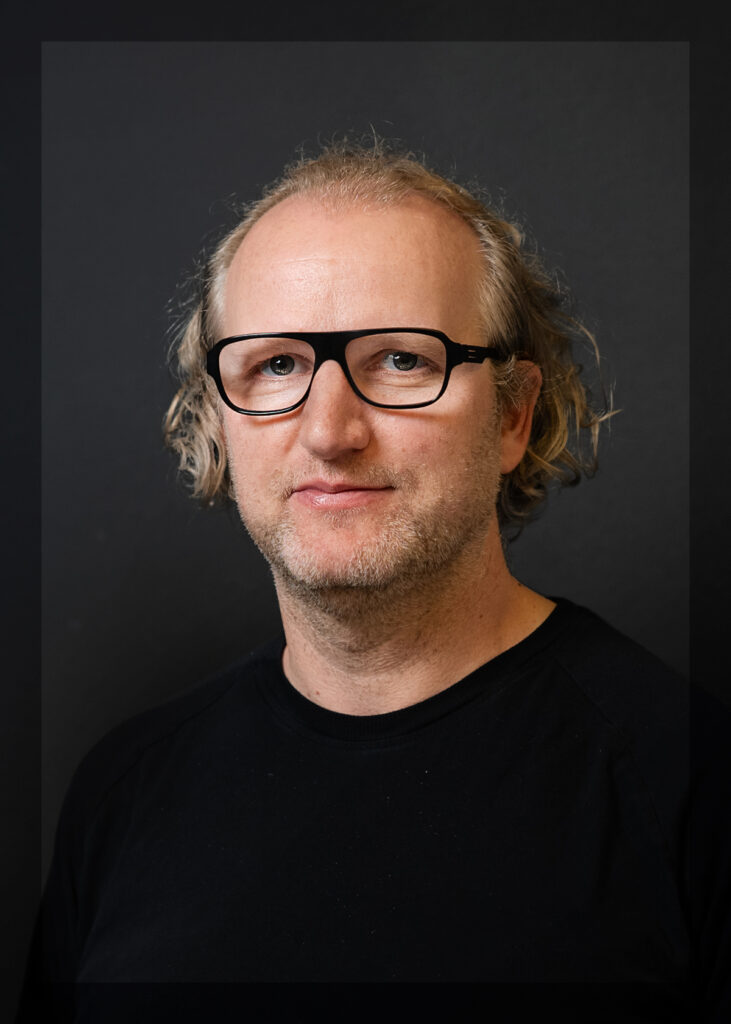
Founder & CTO at Photon Engine

